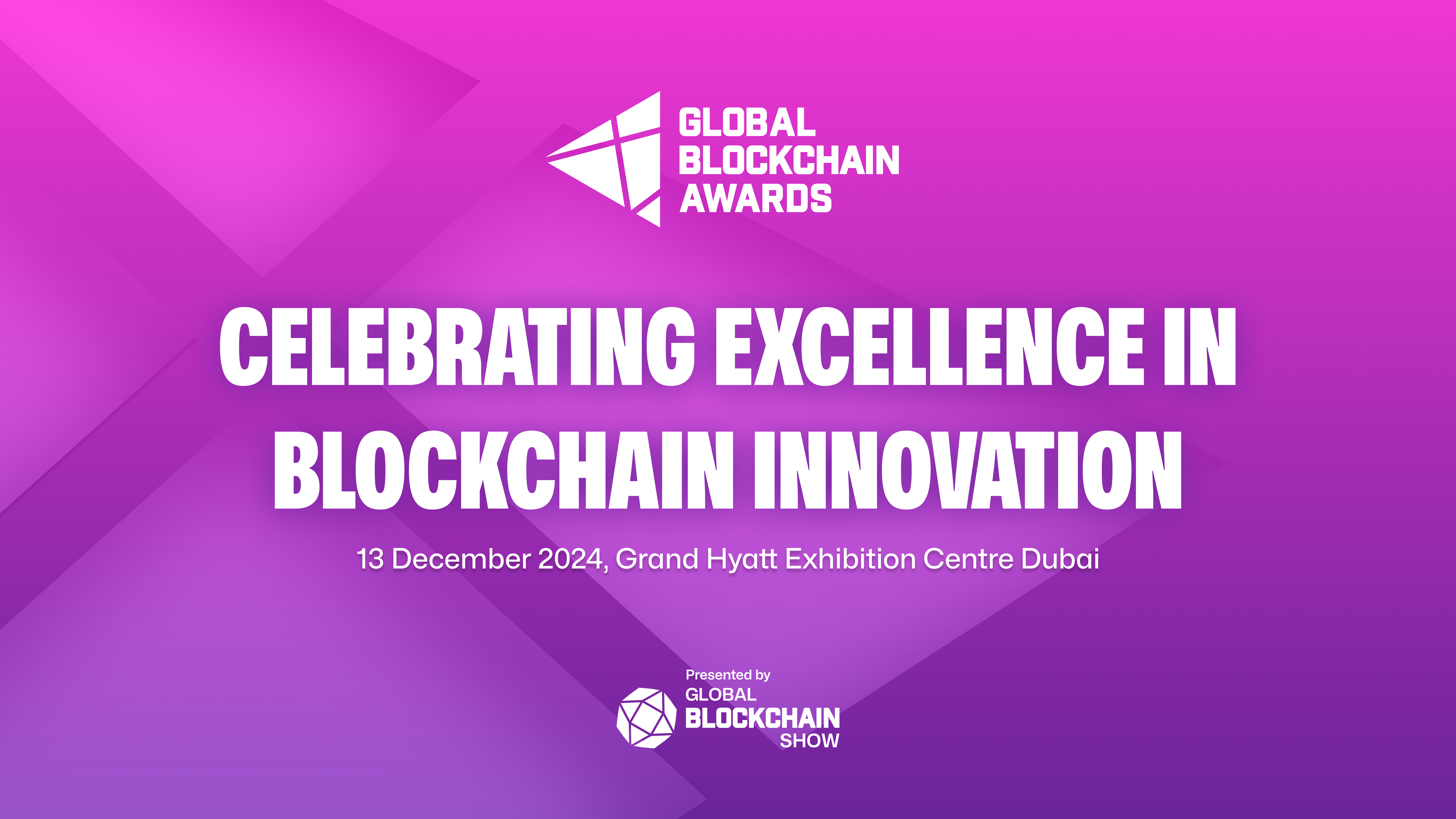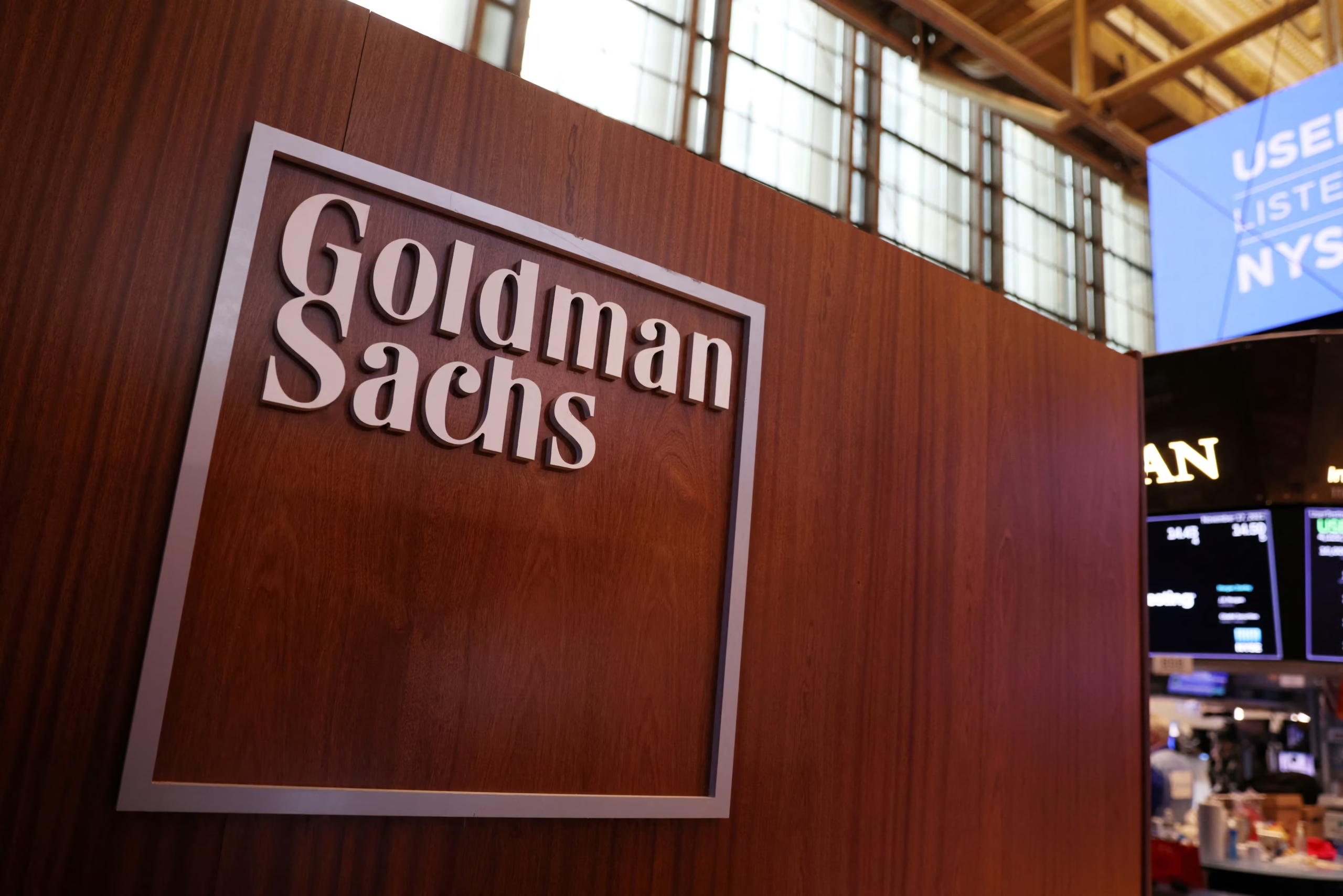Reporter: Before we start, Sean Michael Brehm is the Chairman of Spectral Capital Corporation. Spectral Capital lists the OTCQB market under the symbol FCCN. More info is at www.spectralcapital.com.
Thank you for joining us today, Sean. Africa is rich in resources and potential. Yet, it often sits on the sidelines of global markets. AStastica says the global commodities market will hit $121.2 trillion in 2024. It will grow to $136.8 trillion by 2029. There is rising interest in how advanced tech could help Africa. It could transform its economies. This includes decentralized edge computing and hybrid quantum computing. How can these technologies uplift African nations and help them compete globally?
Sean Michael Brehm: Thanks for having me today. I’ve been looking forward to discussing this topic, as it’s my biggest passion. Your question hits the nail on the head. At the core of our mission is the commitment to return value to the people who generate all data worldwide. Consumers and commodities are the foundation of all commercial and capital markets.
Africa is a vast continent, made up of 54 nations. It’s so massive that it could fit over three United States, including Alaska and Hawaii, inside it. With its enormous scale and potential, Africa is a global leader when it comes to resources. The continent produces 8% of the world’s oil, 73% of its cobalt, and over 60% of its cocoa. It also produces coffee, tea, cashews, and palm oil. This makes it vital to global supply chains and future growth. Africa’s resources and fertile lands offer unique opportunities for innovation, sustainability, and partnerships.
Africa’s resources affect all 11 MSCI sectors: energy, materials, industrials, consumer goods, healthcare, finance, IT, communication, utilities, and real estate. Yet, poor infrastructure, supply chain issues, and limited data access hinder progress. Adopting decentralized edge and hybrid quantum computing could improve infrastructure. This would ease access, monitoring, and trading of commodities. So, Africa’s global market role would strengthen, attracting foreign investment and increasing liquidity.
Reporter: Can you explain how your technology improves what these data centers can do?
Sean: Sure. Our Vogon Cloud delivers a decentralized edge and hybrid solution. It is augmented by a Distributed Quantum Ledger Database. It combines distributed ledgers with quantum computing. Unlike centralized systems, it decentralizes and spreads out. Decentralization is key to data integrity, security, and trust. It’s risky to rely on a single authority. Our decentralized, hybrid data centers use this tech. It enables secure, fast, and transparent transactions between nodes. Our pre-quantum solution and secure cryptography acts as bridge to Quantum Computing. It boosts efficiency in managing complex tasks and large datasets on classical systems. Vogon supports post-quantum computing and security. It’s ideal for real-time analytics and decision-making in the commodities market. This boosts efficiency in the financial, materials, and energy sectors.
Reporter: Some major providers have struggled with centralized quantum ledger databases. For example, Amazon’s Quantum Ledger Database (QLDB) is centralized, controlled by one authority. It offers a transparent, unchangeable transaction record. So, how does Vogon’s solution meet banks’ and companies’ needs for decentralization?
Sean: This is a pivotal moment for the industry. Enterprises, not just finance, need decentralized solutions. They want better security, transparency, and trust. Centralized systems, like AWS’s Quantum Ledger Database, concentrate control in one entity. This conflicts with the need to reduce single points of failure. It also conflicts with the need to distribute trust across networks.
Vogon’s solution, the DQLDB, is a Distributed Quantum Ledger Database. It runs on a network of cloud servers that act as advanced nodes. This ensures that no single entity has control.
This architecture provides immutable, tamper-proof records. It does so without a central authority. This meets banks’ and companies’ desires for decentralization.
It can work on a network of traditional cloud servers in decentralized data centers. They are more advanced nodes. This prevents any one entity from having total control.
This architecture provides immutable, tamper-proof records without a central authority. The design decentralizes. This boosts data integrity, transparency, and security. It fits banks and enterprises that confront today’s risks.
Adopting Vogon’s solution isn’t just an upgrade. It aims to align with the industry’s shift to decentralized systems, in. post quantum world.
Vogon isn’t just innovation—it’s a certainty. Reporter: How does this technology specifically benefit local producers and industries across Africa? Sean: The benefits of Vogon’s solution are extensive and tangible.
In the materials sector, miners can use the Vogon database. It lets them securely record and verify transactions in real time. This ensures fair pay and reduces fraud.
Farmers can see pricing data and transaction histories in the consumer staples sector. This helps them negotiate better deals and plan more effectively.
This shows how Vogon’s solution can empower local producers and industries across Africa. The decentralized ledger also improves supply chain transparency and efficiency.
For example, tracking commodities from extraction to market becomes easier and more reliable. This is invaluable for industries like industrials and energy.
Also, the data can improve policy and investment decisions. This will benefit the financial sector.
Reporter: How does the Vogon database affect benchmarks like SONIA and the economy?
Sean: Better commodity trading and supply chains in Africa will attract global investors. More investment boosts market activity. This can shift capital flows and interest rates. It can also affect financial benchmarks like SONIA. Better market integrity and reliable data contribute to global stability. This benefits Africa and other markets. The Vogon Distributed Quantum Ledger Database will greatly impact the economy. It will affect benchmarks like SONIA.
Reporter: Energy and connectivity remain significant challenges in Africa. How does your approach address these issues while integrating such advanced technologies?
Sean: Our edge and hybrid data centers are decentralized. They are self-sustaining and energy-efficient. They are often powered by renewable sources, like solar, wind, or green hydrogen. This use of green energy mitigates the issue of unreliable electricity. It contributes to the growth of the utilities and energy sectors. For connectivity, we use both fiber optics and satellites. This ensures reliable network access. It’s vital for decentralized systems like the Vogon DQLDB and our Cloud. Fixing these challenges lets advanced tech work well, even in remote areas. This holistic approach ensures modernization benefits a wider population. It will impact sectors from healthcare and education to communications.
Reporter: Some say advanced technology might disrupt systems and jobs. How do you address these concerns?
Sean: We see technology as a driver of growth. It changes tasks but also creates new jobs and learning opportunities.
Our partner, IBA in San Marino (https://iba.sm), invests in education and training. It collaborates with local universities and institutions. Such companies empower people with skills needed in a tech-driven economy. This boosts growth in information technology, education, and professional services.
Moreover, companies can increase efficiency and profits to reinvest in workers and communities. This support helps maintain and create jobs, boosting economic diversity and strength.
Reporter: How do you ensure these technologies respect local customs and laws, and benefit communities?
Sean: We work closely with local stakeholders, including governments, leaders, and regulators. This ensures our projects comply with laws and respect cultural practices. The Vogon Distributed Quantum Ledger Database is decentralized. This setup boosts inclusivity and local control. It lets communities manage and benefit from the technology. Transparency and mutual benefit are key principles for us. We aim to create ecosystems that share wealth and have a positive social impact.. This approach builds trust. It helps our projects last. It leads to long-term growth across all 11 MSCI GICS industry sectors.
***Note: All statistical figures use the latest available data as of October 2023. As of October 2023, Amazon Web Services (AWS) announced the discontinuation of its Quantum Ledger Database (QLDB). Support for QLDB is scheduled to end on July 31, 2025. Comparisons highlight differences in system architecture and suitability for specific use cases.













